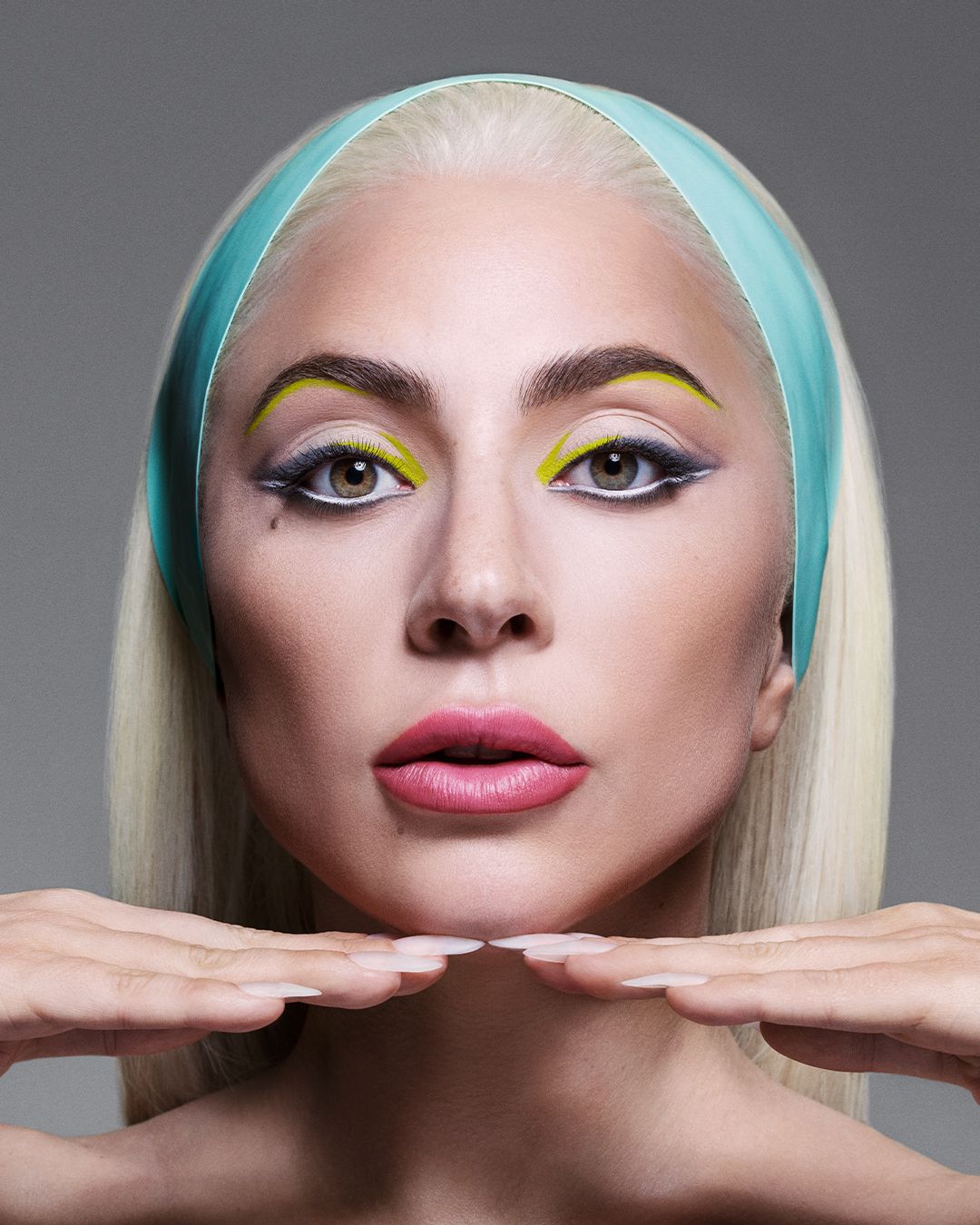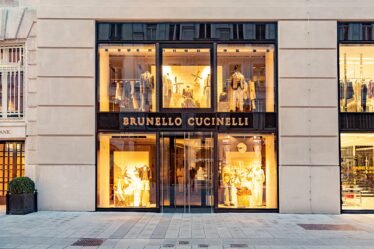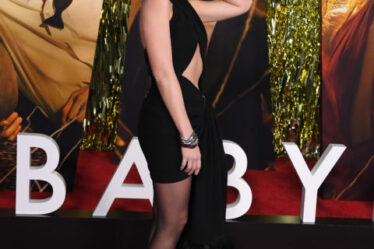
When Lady Gaga debuted makeup brand Haus Labs in 2019, her angle was access: (relatively) affordably priced products, available exclusively on Amazon, the e-commerce giant built on the idea of selling everything to everybody. It was exciting: Lady Gaga was, and is, one of the few remaining, unambiguously A+ list celebrities. Haus Labs was something “different,” a departure from the usual celebrity fronted beauty line debuting at Sephora or Target, I reported at the time.
Despite the high-profile launch, little was heard about the brand over the last two years. There were whispers that Haus Labs was a flop. A new executive team was brought in last year to focus on packaging, product innovation and more.
Much of Haus Labs’ troubles had to do with timing. The summer of 2019 wasn’t an optimal time to start a makeup brand. The category was in turmoil (nine of the 10 top prestige makeup lines in the US saw declines in sales for the first half of 2019). The pandemic hit six months later.
Next week, Haus Labs is relaunching, this time as a “clean” brand in Sephora instead of an accessible brand on Amazon. But have Lady Gaga and her team learned the right lessons?
A celebrity is meant to mitigate much of the risk associated with starting a brand. Lady Gaga fits the role perfectly: she is a beloved champion of inclusivity and self-acceptance, and an outspoken supporter of causes including mental health, HIV/AIDS and LGBTQ rights. No one would question her authenticity as it relates to being yourself, especially when it comes to beauty.
But not enough people heard that message the first time around. Amazon hasn’t managed to establish itself as a beauty destination. As with fashion, the retailer is good at selling generic basics like Cerave or Aquafor, but stumbles when it comes to showcasing brands with a strong point of view or higher than drugstore prices (Haus Labs lip gloss costs $18, the same as Selena Gomez’s Rare Beauty, another Sephora line).
Haus Beauty was meant to help the retailer overcome those shortcomings, but one brand can only do so much, especially in 2019 when it was skin care, not cosmetics, that consumers were most interested in seeking out.
This time around, the beauty tailwinds could work in Lady Gaga’s favour.
Makeup is back on the rise, and re-launching the old-school way with Sephora means Haus Labs will be available in hundreds of stores, where about 90 percent of all beauty purchases still happen. It’s the kingmaker approach that’s worked for Fenty Beauty, Drunk Elephant and Rare Beauty — where the retailer gives a brand it sells exclusively the best placement in-store, marketing muscle and anything else it can do to get the products in front of its loyal customers.
Lady Gaga is also hopping on a different trend — clean beauty rather than accessibility. Haus Labs started to tease what we can expect to see next week. After wiping its Instagram account, the brand re-populated its feed with a series of posts, captioned with slogans like “the future is beautiful,” “supercharged clean artistry” and “powered by innovation” — clues to the new “clean” brand positioning. It’s not surprising, given that Sephora is investing heavily in “clean” makeup, especially lines made with skin-care ingredients like Westman Atelier, Kosas and Ilia.
“The main thing we have learned since initial launch is that greatness takes time and requires evolving,” Haus Labs co-founder and chief executive officer Ben Jones said in an e-mail. “The beauty space is constantly changing, and we want Haus Labs by Lady Gaga to be at the forefront of innovation and performance while delivering products that stay true to our core beliefs of kindness and inclusivity for all.”
It’s a better time than any for Haus Labs to re-enter the space — but three years is also an eternity in the celebrity brand ecosystem. Dozens of famous founders have come out with lines of their own since 2019, making it even harder for Haus Labs to stand out. Even being an A-list singer doesn’t guarantee the same level of success in beauty.



